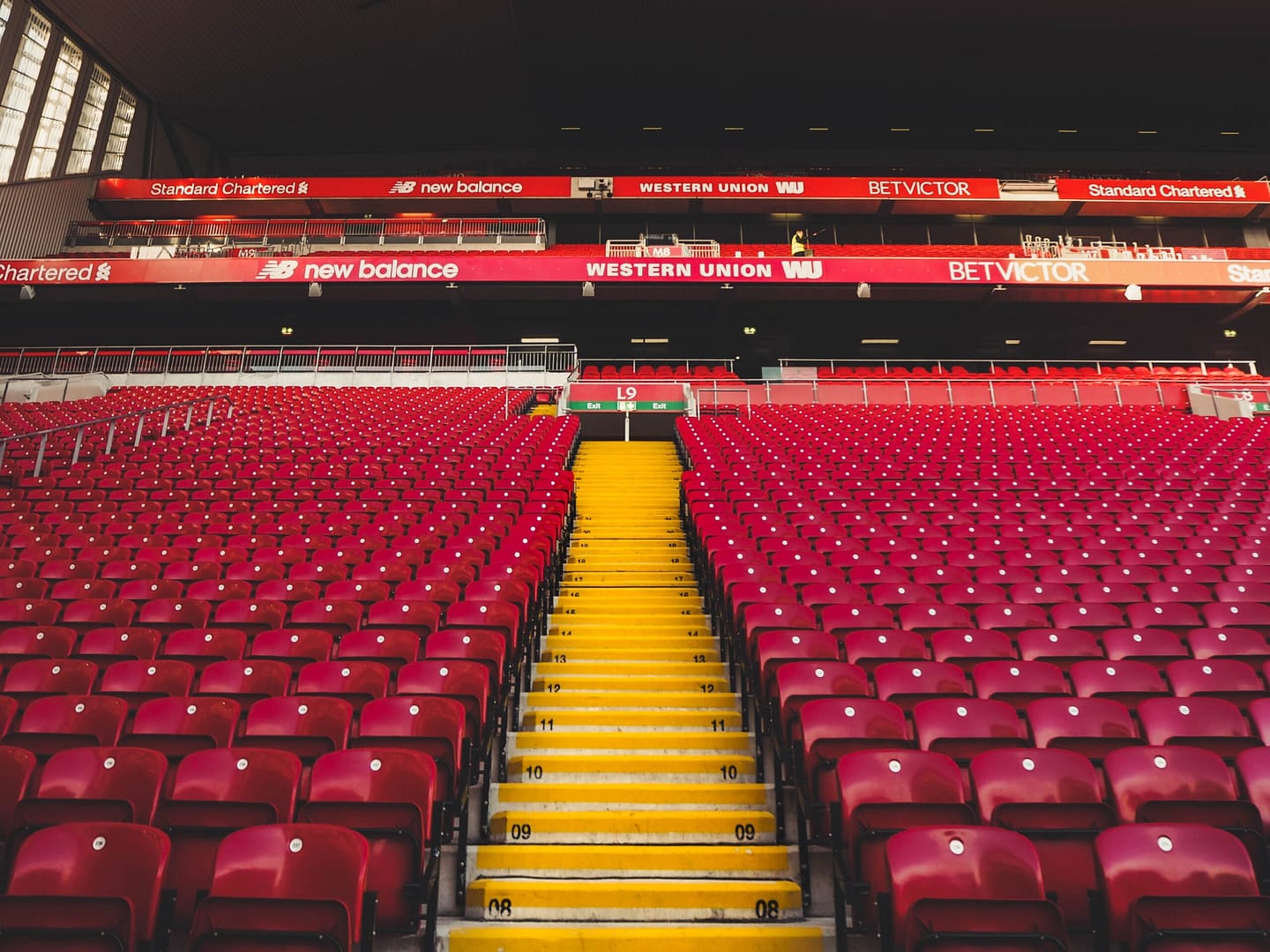In the age of social media and the influx of football news 24/7, opinions of the fanbase are more divided than ever, and nowhere is it more evident than in the debate over the impact of FSG on Liverpool Football Club. When Fenway Sports Group acquired the club from the disastrous ownership of George Gillet and Tom Hicks in 2010, they vowed to “Under Promise and Over Deliver” and adopt a philosophy of learning the game and recruiting the most talented team possible to propel the club to greater heights.
Liverpool fans were reeling when Brendan Rodgers was dismissed, knowing that to challenge the financial might of Manchester City, Chelsea, and Manchester United, they needed a leader who truly understood the club’s history and could reignite the passion of the Anfield faithful – the lifeblood of the team. The fans’ hopes rested around one man, the charismatic Jurgen Klopp, whose success at Borussia Dortmund in defeating the seemingly unbeatable Bayern Munich in Germany, captured the imagination of football fans worldwide. Despite a wealth of other legendary managers being available, Klopp was the one the fans wanted, and FSG shared their vision for a brighter future at Liverpool. The rest, as they say, is history – Klopp’s arrival has heralded a new era of success at Anfield, with Liverpool lifting the Champions League and the Premier League trophies under his guidance, and the fans’ passion for the club reignited like never before.
FSG’s data-driven approach has revolutionized Liverpool’s transfer strategy, with a team of analysts using cutting-edge statistical analysis to identify players with the potential to thrive at Anfield. The results have been nothing short of extraordinary, with some of the club’s most successful signings, including the deadly attacking trio of Mohamed Salah, Sadio Mane, and Roberto Firmino, all identified through this innovative scouting method. While the system has not been flawless, it has played a key role in the club’s recent triumphs, particularly under the visionary leadership of Jurgen Klopp. Thanks to this data-driven strategy, Liverpool has enjoyed unparalleled success in recent years, lifting a glittering array of trophies and cementing their place among the giants of world football.
Fenway Sports Group’s reign at Liverpool has seen its fair share of controversies that have not gone unnoticed by the club’s passionate fanbase. From the decision to furlough non-playing staff during the COVID-19 pandemic to their involvement in the ill-fated European Super League project, FSG has made some missteps that have left many fans feeling angry and betrayed. Other controversial moves that have drawn the ire of supporters include the infamous flying of club legend Sir Kenny Dalglish to America to get the sack, as well as increasing ticket prices and the club’s attempt to trademark the word “Liverpool”. Despite their efforts to propel Liverpool to new heights, these controversies have always cast a shadow over FSG and have led to some fans questioning their loyalty to the club.
Fast forward now to 2023, and Liverpool finds itself on the market, with several key members of the scouting, medical and recruitment team poised to depart or already departed. The question on every fan’s mind is: what went wrong? How could FSG, let this happen to one of their most valuable assets? Did their interest in the team wane when the proposed FFP rules from UEFA failed, or when the ill-fated European Super League failed to materialize? The truth is that the legacy of FSG is a complex and multifaceted one, with opinions on their tenure varying widely depending on who you ask. While it’s true that they have achieved many great things during their time at Anfield, it’s equally clear that they have made some significant mistakes along the way. Now, as Liverpool stands at a crossroads, the future of the club hangs in the balance, and the question remains: what will FSG do next or who will step forward to take the reins and lead Liverpool to glory once more?
While a few fans may have faith in FSG, news of the club being put up for sale was welcomed by many. With the ownership status of certain clubs like Manchester City and Newcastle and reports of similar structures at Manchester United on the horizon, the “Sell to Buy” model that has sustained Liverpool thus far may no longer be viable. Considering this, it well may be the optimal time for FSG to part ways with the club and seek new owners who possess the ambition and resources to invest in Liverpool’s success and bring home more trophies.
With the fate of Liverpool Football Club’s ownership hanging in the balance, the decision to sell the club should not be taken lightly. It’s crucial to conduct thorough research into the backgrounds of prospective investors or owners to avoid a repeat of the disastrous Hicks and Gillet era. The financial implications of the sale must also be fully understood, as well as any regulatory or legal obstacles that may arise. Therefore, it’s paramount that FSG’s final act as owners leaves a positive legacy for the club and its supporters.
Liverpool F.C || Y.N.W.A

You’ll Never Walk Alone